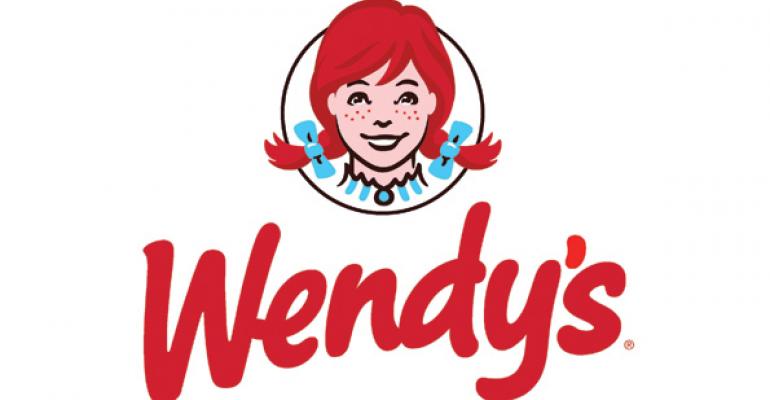A farm workers advocacy group has stepped up pressure on The Wendy’s Co. over its purchases of tomatoes by calling for a nationwide boycott of the Dublin, Ohio-based burger chain.
The Coalition of Immokalee Workers, started by farmworkers in Immokalee, Fla., in 2001, called for the boycott as part of its long-running campaign to convince Wendy’s to join the Fair Food Program.
Several chains, including Wendy’s competitors McDonald’s and Burger King, have been part of the program for years. As part of that effort, the restaurants agree to pay a penny per pound surcharge directly to workers.
“Ten years ago, we sent a letter to Wendy’s asking them to follow Taco Bell’s example and work with us to protect farmworkers’ fundamental human rights in their supply chain,” the coalition’s Cruz Salucio said in a statement. “They refused then, and they continue to turn their backs on farmworkers to this day, even as we built a groundbreaking new approach to social responsibility in partnership with Florida tomato growers and 14 other major food retailers.”
In particular, the group claims that Wendy’s has decided to stop buying tomatoes from Florida growers after the Fair Food Program was implemented there, and now buys tomatoes from Mexico.
But Bob Bertini, a Wendy’s spokesman, said that the company currently isn’t buying tomatoes from Florida for various reasons, including seasonality. When it did buy tomatoes from Florida, the company only worked with suppliers that were participants in the Fair Food Program.
He said that the chain only works with suppliers that sign the company’s code of conduct — which requires that suppliers comply with local, state and federal laws and follow required industry standards.
Bertini also said the penny surcharge was inappropriate. “CIW has demanded that we pay an additional fee directly to the tomato harvesters that work for the suppliers with whom we contract,” he said. “These individuals are not Wendy’s employees, we have not thought it appropriate to pay another company’s workers — just as we do not pay factory workers, truck drivers or maintenance personnel that work for our other suppliers.”
The coalition says that, by not joining the program, “Wendy’s is deriving a very real cost advantage over its competitors, while continuing to provide a market for less reputable growers.”
The group also blasted the code of conduct as “the very worst of the traditional corporate approach to social responsibility driven by public relations concerns rather than the verifiable protection of human rights.”
Under the Fair Food Program, major retailers and restaurants agree only to buy produce from suppliers that meet a code of conduct, which includes policies designed to prevent slavery and sexual harassment.
The program last year expanded from tomato growers on Florida to include states throughout the South and into New Jersey, and it has also expanded to other crops like strawberries and bell peppers.
Several chains over the years have reached deals with the coalition, including Subway and Chipotle Mexican Grill. Burger King was subject to protests and complaints in 2007 and 2008, but ultimately relented and joined the group, agreeing to pay the surcharge.
The coalition was planning to protest to the Manhattan office of Nelson Peltz, the activist investor and Wendy’s chairman, on Thursday afternoon.
“When companies like Wendy’s remain so stubbornly stuck in the past, committed to a path of empty public relations promises over real human rights protections, we are left with no choice,” the CIW’s Lupe Gonzalo said in a statement.
Contact Jonathan Maze at [email protected]
Follow him on Twitter: @jonathanmaze





